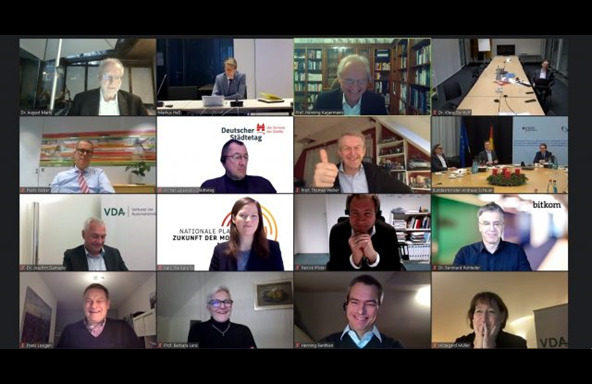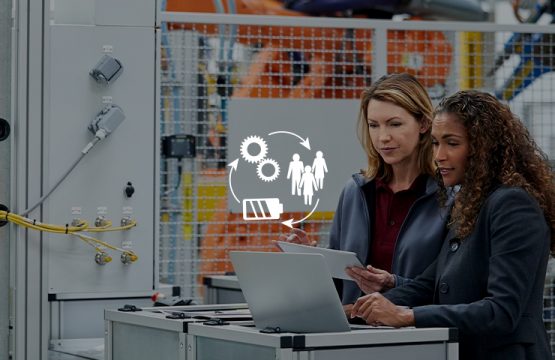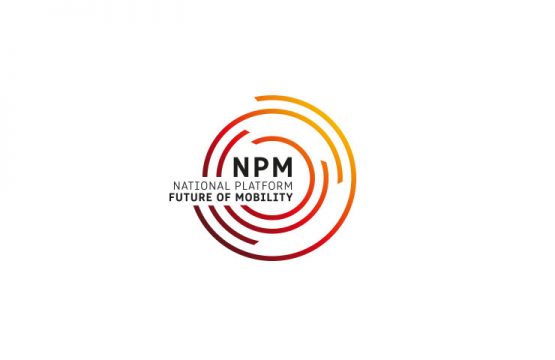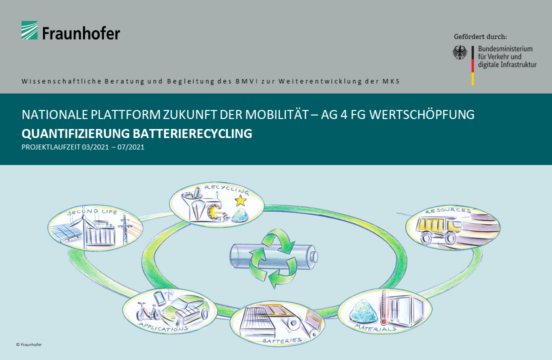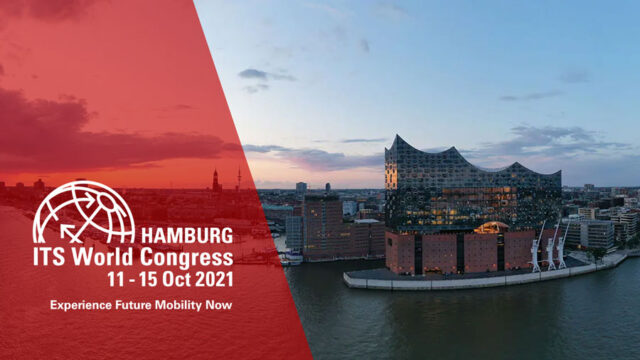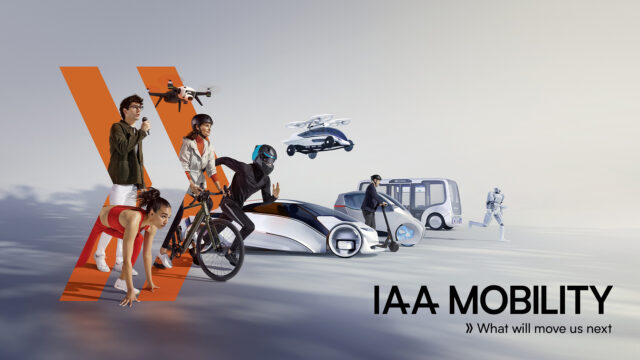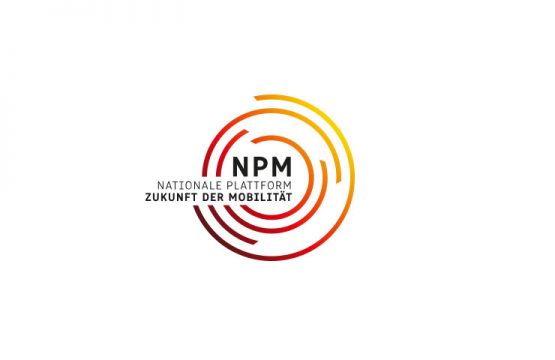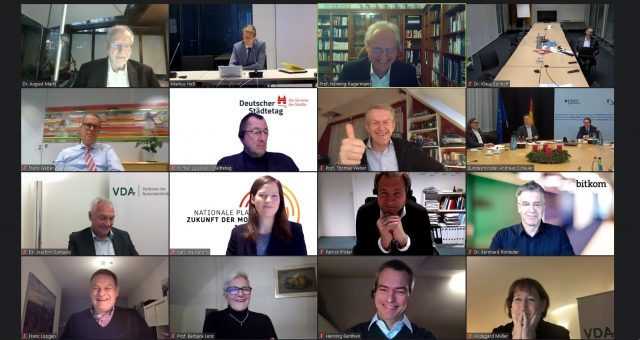
In today’s 10th meeting of the Steering Committee, Andreas Scheuer, Federal Minister of Transport and Digital Infrastructure, obtained first-hand information on the current activities of NPM. The following topics formed part of the agenda of this digital meeting:
WG 1: Two workshop reports on the market launch of alternative fuels and on the electrification of commercial vehicles
The measures taken to date are not enough to reduce greenhouse gas emissions from transport in line with the commitments of the Climate Change Bill. Further action is required to achieve the climate goals 2030. Two workshop reports by WG 1 not only show the potential for climate protection, but also the big challenges associated with the electrification of commercial vehicles and the launch and application of alternative fuels.
As requested during the meeting of Concerted Action in Mobility (Konzertierte Aktion Mobilität) in September, WG 1 presented the facts and their context in its workshop report on the market launch of alternative fuels. Both electricity-based and advanced bio-fuels as well as their production processes were looked at, with a particular focus on their market readiness and production capacities.
Based on the expert opinions commissioned by the German government as part of the Climate Change Programme 2030 and prepared by the German Oeko-Institut and Prognos, the report on alternative drives for commercial vehicles analyses the three technological pathways of battery-electric drives, H2 fuel cell-technology and overhead line-hybrids, their marketability and the necessary political instruments.
WG 3: Two reports on digitalisation of the transport infrastructure and a strategy for social dialogue and participation
In order to increase the added value of the mobility system for users, transport infrastructures, vehicles and services need to be digitally interconnected. According to WG 3’s report on digitalisation of the transport infrastructure, the provision of transport-relevant transport infrastructure data and the connection of mobility service platforms are key for inter- and multimodal mobility. Digital twins need to be created for the connection of transport-relevant infrastructure elements, such as traffic lights, traffic signs and signposts.
Opinion polls on the digitalisation of mobility show a wide range of views amongst the public, especially when it comes to artificial intelligence (AI), autonomous driving, data processing in connected vehicles and the upgrade of mobile communications. WG 3 recommends an appropriate dialogue and participation process on “Digitalisation of the mobility sector” to engage the public actively in the planning and design of mobility and the associated transformation processes.
Joint report of WG 5 and WG 6: Digital electromobility – roadmap to implementing ISO 15118
ISO 15118, a group of standards, not only facilitates the basic communication between electric vehicle and charge point, but also other charging-related features, such as Plug & Charge, energy management and in future, Vehicle2Grid (V2G). The standards also provide significant added value to users when charging their electric vehicles. The report jointly prepared by WG 5 and WG 6 highlights the status quo of ISO 15118 as well as the requirements to ensure the non-discriminatory use of the implemented features through ISO 15118. The report supports the further development of ISO 15118 in order for all market players in the electromobility ecosystem to be able to build on one common standard.
Apart from the presentation of the new reports of individual working groups, all WG leaders gave an overview of the current activities within their working groups.
NPM Progress report 2020
The members of the steering committee received the draft of the annual report 2020 prior to the meeting. After the presentation and discussion, the text was released for additional editing and finalising. It is expected to be published in early 2021.
NPM Work programme 2021
All six working groups presented their work programmes including planned actions and topics for the coming year. Additional proposals from the steering committee were taken on board.
Research needs
Representatives of the competent departments within the Ministry of Transport and Digital Infrastructure and the Ministry of Education and Research informed the steering committee about further steps with regard to identified research needs.
